The author in a refreshing original way dissects the Sri Lanka crisis into three parts. The first is a clear description of the problem which rejects the conventional formulation of the problem as ethnic, religious, or linguistic. The author suggests on the basis of extensive research that Tamils and Sinhalas are different only in their historical interaction with British colonialists. Otherwise, in ethnicity, language and religion they are of the same family. Due to the British early familiarity with Tamils in India, the Sri Lanka Tamils found easy access to the British colonialists, while the landed gentry and farming colonialists, while the landed gentry and farming community of Sinhala did not. Hence, the Tamils got ahead in English education and professions, and a big gap developed between the two communities. The problem arose because the Sinhalas who were the majority, upon obtaining Independence from British rule, tried to close this gap by crude reverse discrimination policies, and thus antagonizing the Tamils. Not finding a democratic way out, being easily outvoted in an unitary Constitution, the Tamils became captive to violent organizations. The LTTE emerged out of the frustration. But the LTTE became terrorist, and soon an albatross. Second, the author argues that the only viable solution to the crisis is devolution of state power, which means the replacement of the present unitary Constitution. This, the Sinhala majority is unreasonably opposed to implementing soon. India has a responsibility to persuade the Sinhala Majority to urgently consider this solution. Thirdly, the author states that because the LTTE is an anti-Indian terrorist outfit which assassinated Rajiv Gandhi, hence India has to regard the LTTE as part of the problem, and definitely not a part of the solution. If Sri Lanka adopts a federal-type Constitution upfront, then India will have to intervene on behalf of the Sri Lanka government and use its vast military capability to fix the LTTE and decisively end the menace it represents. Born in Chennai, Tamil nadu, India, Dr. Subramanian Swamy has won many laurels. He has contributed to India’s growth in his various capacities as member of parliament, and Cabinet Minister –first as Minister for Commerce, law and Justice (1990-1991) and later as Chairman of the Commission on International Trade and WTO’s labour standards (1994-1996). His doctorate in economics from Harvard University, was followed by his research projects with Simon Kuznets and paul Samuelson and his joint authorship with Prof. Samuelson on a path-breaking study on Index Number theory. He continues to be a visiting faculty member at Harvard University.
Sri Lanka in Crisis: India’s Options
$17.10
$19.00
In stock
Free & Quick Delivery Worldwide
All orders amounting to US$ 50 or more qualify for Free Delivery Worldwide. For orders less than US$ 50, we offer Standard Delivery at $14 per book.
ABOUT THE AUTHOR Subramanian Swamy
Dr. Subramanian Swamy is nationally known and widely respected for his ideological conviction, his commitment to furthering democracy and market economy in the country, his scholarly credentials, and a blemish-free political career. He has been elected to the Parliament for five terms and has been a cabinet Minister twice. Dr. Swamy has a Masters degree in Statistics from the Indian Statistical Institute, Calcutta, and a Bachelor Honours degree in Mathematics from the University of Delhi. In 1964, he earned a doctorate in Economics from Harvard, after having worked with Nobel Laureate Simon Kuznets. He has jointly authored papers with another Nobel Laureate Paul A. Samuelson on the Theory of Index Numbers, Dr. Swamy taught Economics at Harvard over a number of years (1963-9, 1971, 1973, 1985-6). From 1969-91, for twenty-two years, he was Professor of Economics at the Indian Institute of Technology, new Delhi, till he resigned the post in 1991, when he become India's Cabinet Minister for Commerce, Law and Justice. His high educational achievements distinguishes Dr. Swamy from other political leaders in India. Since 2001, Dr. Swamy has been teaching Economic every summer at Harvard University. Dr. Swamy is proficient in Tamil, Hindi, English, and flows Chinese. As Commerce Minister (1990-1) he prepared the blueprints for economic reforms that were implemented by the Narasimha Rao government (1991-6). The current Prime Minister Dr. Manmohan Singh recently stated that Dr. Swamy was the first to envisage and articulate the need for reforms in India. In1976, during the proclaimed state of Emergency when Fundamental Rights were suspended by Prime Minister Indira Gandhi, Dr. Swamy shot into a national prominence for his daring escapade and challenge to the denial of democracy. Despite being 'Most Wanted' by the police, he escaped abroad to reorganize the overseas Indian against the authoritarian rule in India and assist the underground movement at home. In August 1976, he re-entered India undetected despite an arrest warrant, made a dramatic appearance in the Parliament, raised a 'point of order', signed the attendance register, and then escaped abroad again. This bravery and demonstration that the security of the authoritarian system could be breached at will, is believed to be partly responsible for the subsequent announcement of elections in 1977 and the withdrawal of Emergency by a demoralized Mrs. Gandhi. The reorientation of India's foreign policy towards China from hostility to normalized relations is widely ascribed in both countries to Dr. Swamy's untiring efforts in this direction. In 1982, Dr. Swamy became the first Indian political leader such as Yitzhak Rabin and the then Prime Minister, Menachim Begin. His efforts at normalizing relations with Israel bore fruit with India's decision in 1992 to open its Embassies in Tel Aviv. During his tenure a Minister, India negotiate and signed the first trade agreement with China, Afghanistan, and Poland. Dr. Swamy also simplified India's trade procedures and formulated a new export strategy which became the forerunner of trade reform adopted subsequenlty. In 1994, Dr. Swamy was appointed as Chairman, commission on Labour Standards and International Trade with a Cabinet Minister's rank by Prime Minister P.V. Narasimha Rao. This was the first time in India that an active opposition party member was given a Cabinet rank post by the ruling party. As Chairman, CLSIT he produced four voluminous reports on Labour laws reforms. He also complied an omnibus new Labour Law to replace the existing piecemeal and contradictory legislation. Government accepted the Commission's Reports but have yet to implement the recommendation.
reviews
0 in total
Review by Anonymous
Be the first to review “Sri Lanka in Crisis: India’s Options” Cancel reply
You must be logged in to post a review.
Bibliographic information
Title
Sri Lanka in Crisis: India’s Options
Author
Edition
1st ed.
Publisher
ISBN
8124112606
Length
180p., Maps; 23cm.
Subjects
tags
#Sri Lankamore by Subramanian Swamy see more
Dr. Manmohan Singh: A Decade of Decay
$31.50
$35.00
similar bookssee more
Political Theologies: Public Religions in a Post-Sector World
In a globalized world, how ...
$50.40
$56.00

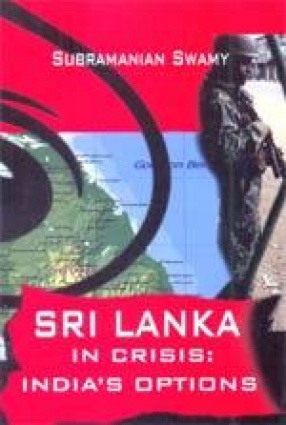
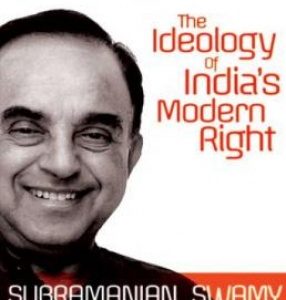
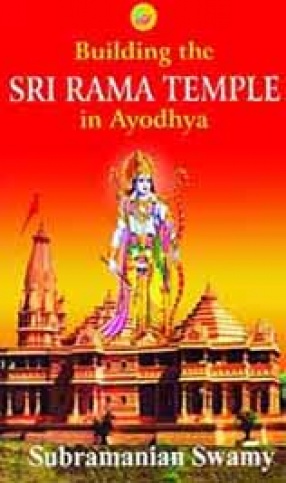
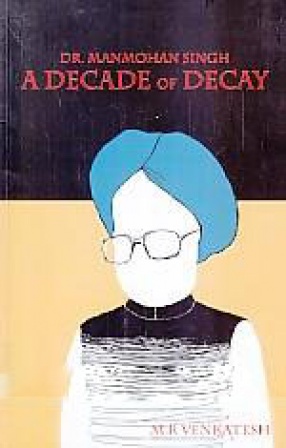
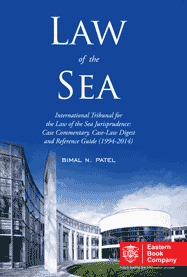
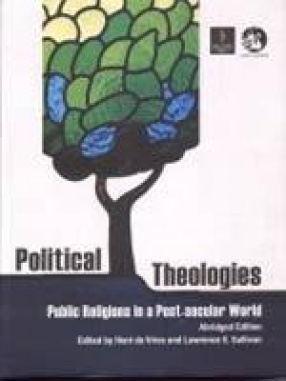

There are no reviews yet.